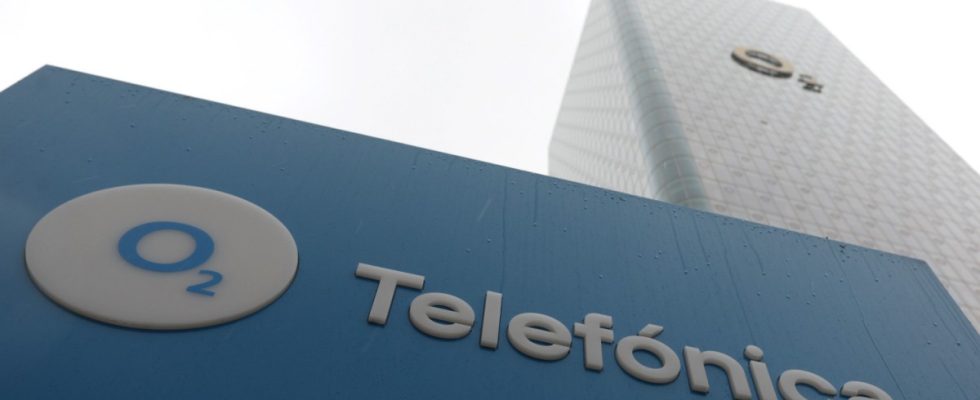Thanks to an accelerated influx of customers, Telefonica Deutschland achieved another record result in 2023. This trend will continue in the current year, predicted company boss Markus Haas when presenting the balance sheet on Wednesday. “We expect strong customer growth.” Last year, the company attracted 1.3 million new users, 100,000 more than in 2022. As a result, sales grew by 4.7 percent to 8.6 billion euros. The driving force was the disproportionate increase in hardware revenues of a good 13 percent. In the fourth quarter, this business area grew almost twice as much, with an increase of 24.3 percent. “This is primarily due to continued customer demand for high-quality devices,” explained Haas. Telefónica Deutschland earned 2.6 billion euros operationally last year, a good three percent more than in 2022.
On this basis, the company forecast a slight increase in revenue for 2024. Operating profit is expected to increase “in the low to lower mid-single-digit percentage range.” The dividend for 2023 is expected to be 0.18 euros per share, as for the previous year.
The controversial topic of mobile phone frequencies
At the press conference on Wednesday, Haas again spoke out in favor of an extension of the usage rights for mobile frequencies, which expire in 2025, as is being considered by the Federal Network Agency (BNetzA). The three major network operators Telefónica Deutschland, Deutsche Telekom and Vodafone should keep this for another five years. This puts its competitor 1&1, which is in the middle of setting up its own mobile network, at a disadvantage. The subsidiary of the Internet group United Internet presented an opinion from former constitutional judge Udo Di Fabio on Wednesday, according to which an extension of the usage rights of the established network operators without taking 1&1 into account as a new entrant would be unconstitutional. Haas described the report as a storm in a teacup. The BNetzA has discretion in this matter. A transfer of frequencies to 1&1, which fails to meet its requirements for network development, would reduce the connection quality of all mobile phone customers in Germany.
Telefónica Deutschland and 1&1 have been at loggerheads for a long time. Last summer, the United Internet subsidiary gave up its long-standing partner and is now using Vodafone’s infrastructure in regions where 1&1 does not operate its own network.

